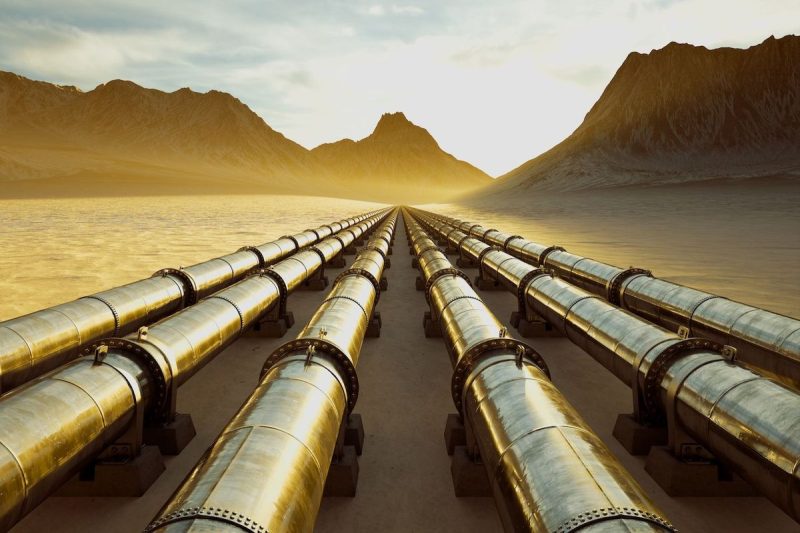Enbridge (TSX:ENB,NYSE:ENB) has announced plans to construct and operate new crude oil and natural gas pipelines in the US Gulf of Mexico to support BP’s (LSE:BP) recently sanctioned Kaskida deepwater development.
The crude oil pipeline, referred to as the Canyon Oil Pipeline System, will consist of 24-inch and 26-inch diameter pipes with a capacity of 200,000 barrels per day. It will originate from the Keathley Canyon area and transport crude oil to Shell Pipeline Company LP’s Green Canyon 19 platform.
From there, the oil will be further delivered to the Louisiana market, positioning Enbridge as a key player in transporting crude from deepwater fields to the US mainland.
In addition to the oil pipeline, Enbridge will also construct a natural gas pipeline called the Canyon Gathering System. This 12-inch pipeline will have the capacity to handle 125 million cubic feet of gas per day.
The Canyon Gathering System will connect subsea to Enbridge’s existing Magnolia Gas Gathering Pipeline, which will then transport the gas to Enbridge’s downstream Garden Banks Gas Pipeline, a Federal Energy Regulatory Commission (FERC)-regulated pipeline system.
This pipeline will help ensure the efficient delivery of natural gas from the deepwater field to markets onshore.
The Kaskida project, BP’s sixth operated hub in the US Gulf of Mexico, has a production capacity of 80,000 barrels of oil per day from its initial phase of six wells.
Located 250 miles southwest of New Orleans in the Keathley Canyon area, Kaskida taps into approximately 275 million barrels of recoverable oil equivalent, with potential for additional development phases based on further evaluations.
Furthermore, the project also plays a critical role in unlocking the potential of up to 10 billion barrels of discovered resources within the broader Kaskida and Tiber catchment areas. The hub will utilize advanced 20K drilling technology to develop high-pressure reservoirs in furtherance of deepwater oil extraction efforts.
Enbridge’s agreements with BP are supported by long-term contracts and include provisions that would allow BP to potentially connect future discoveries in its Paleogene portfolio to the new pipeline systems.
The new pipelines will be designed to accommodate additional connections from other nearby oil and gas fields, allowing for potential future expansion.
Enbridge plans to begin detailed design work and procurement activities in early 2025, with the pipelines expected to become operational by 2029. The total cost of the project is estimated at around US$700 million.
The company sees this expansion as part of Enbridge’s broader strategy to diversify its offshore business.
“The Canyon Oil and Gas pipelines offer an attractive opportunity for Enbridge to serve customers in the Gulf of Mexico and further expand our US Gulf Coast footprint,” said Cynthia Hansen, Enbridge’s executive vice president and president of gas transmission and midstream.
“The agreements generate stable and predictable cash flow and provide future growth opportunities,” she added.
Securities Disclosure: I, Giann Liguid, hold no direct investment interest in any company mentioned in this article.

